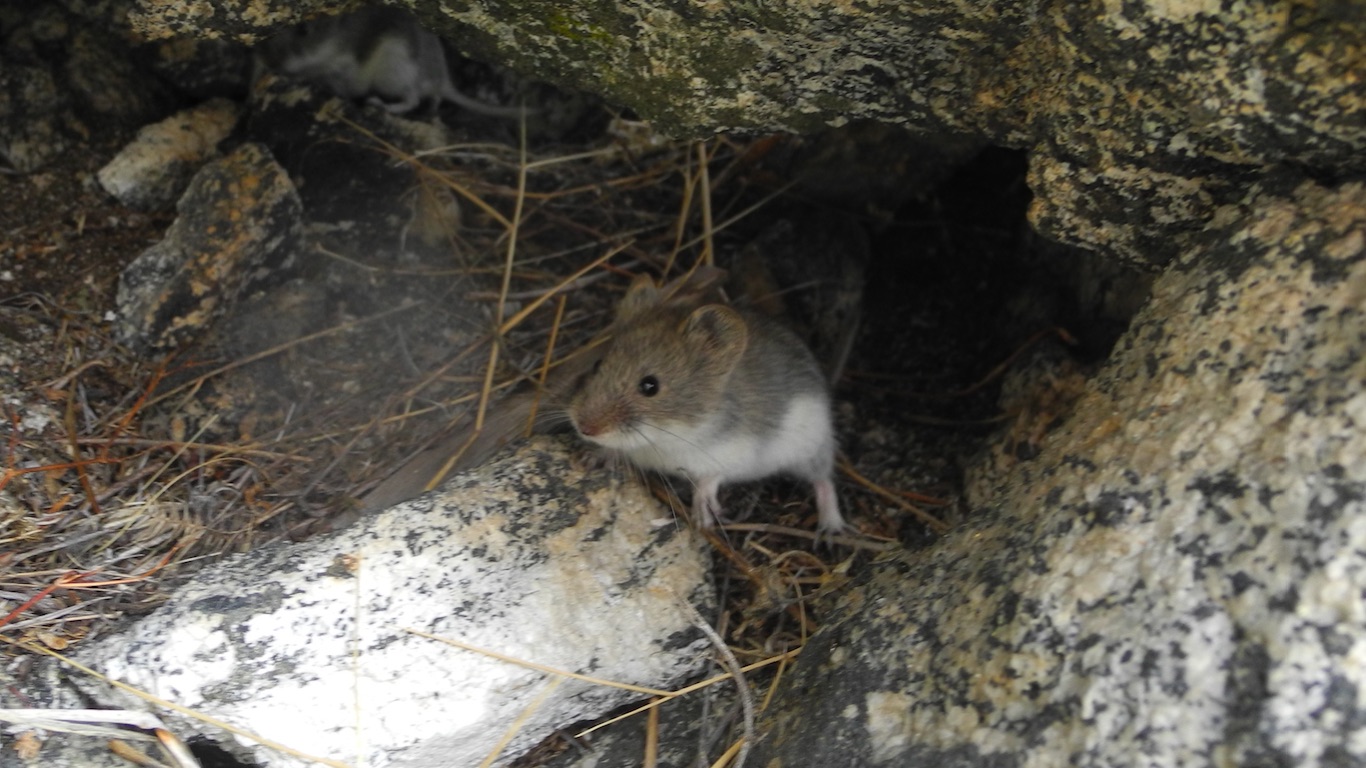Igor Moroldoev became one of the winners of the grant contest for young scientists «Baikal Initiative» 2018-2019 with the project on conservation and recruitment of the Olkhon vole’s population. In 2019 Lake Baikal Foundation transferred 300 000 rubles for implementation of the project, another 60 000 rubles were raised by the project team through crowdfunding.
Thanks to funding, the team lead by Igor Moroldoev was able to achieve the following results:
- They organized a scientific expedition to the Olkhon island and counted of the endemic population, collected tissue samples for further investigations in the Institute of Systematics and Ecology of Animals of the Siberian Branch of the RAS.
- For the first time in world, the Olkhon voles produced offspring in laboratory conditions. Moreover, the new data was collected about the animals’ features of breeding and development, care of offspring, family and social behavior.
- The scientists were planning to release into the wild 30 animals, nevertheless, voles produced a larger number of offspring in vivarium. 43 animals, including 20 females, were released to their «historical homeland» – the Priolkhonye islands, where this species used to live, but has disappeared by now. By that time, their age accounted for 35-40 days which is exactly when the vole’s primal behavioral instincts are formed, animals become more cautious, learn to dry the grass and store it, making food supplies for winter, become ready for independent life.
- The monitoring of «returnees» continued during August. It was identified that the availability of sufficient amount of stored grass would help voles to provide good winter hibernation and successful breeding in May-June 2020.
- The scientific team conducted a series of educational modules together with the local population. The meetings were organized with the schoolchildren, tourists and tour operators, which work on the Olkhon island and in the Priolkhonye region, in the most touristic sites. The team installed the infoboards which explained the fragility of the Baikal islands ecosystem by example of the rare animal species — the Olkhon vole — its significance in the functioning of island communities of mammals.
In 2020 the project team plans to continue the studies of the Olkhon vole, using the data collected during the field expeditions. The grant allowed to purchase necessary laboratory equipment and reagents for DNA sequencing from species of different island populations, maintenance and reproduction of animals in vivarium. Furthermore, in 2020 they plan to work on reproduction of the Olkhon vole on the islands of Maloe More, to make an assessment of success of winter hibernation and breeding. In modern world there is plenty of examples, when some animal species was relocated to the territory it used to live in, but has disappeared from those areas for some reason (usually due to the human’s impact). We hope that in future the reintroduction of the Olkhon vole to the Baikal islands could be referred to as a successful example of the full species reproduction.


